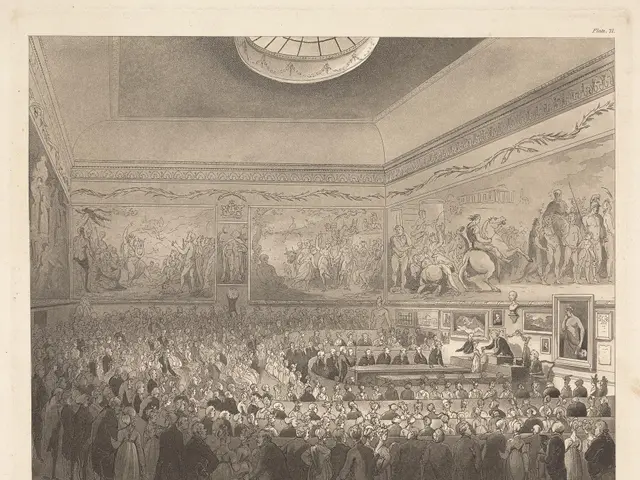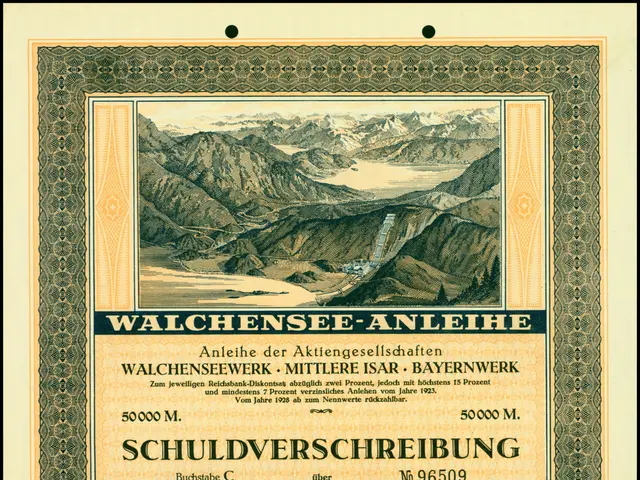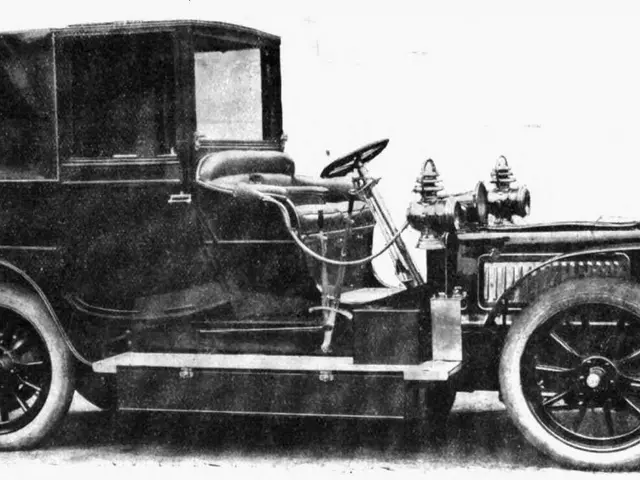Supreme Court’s Ruling on Trump’s Tariffs Could Reshape Presidential Power Forever
The Supreme Court is weighing in on a significant case that could either endorse or reject former President Trump's tariffs. Chief Justice John Roberts is at the helm, considering whether presidents can unilaterally impose tariffs, which are essentially taxes, and the potential implications for the balance of power between the executive and legislative branches.
Last week, the Supreme Court heard oral arguments in a challenge to Trump's use of emergency powers to impose tariffs on nearly all imports. At the centre of this case is the question of whether the Constitution's grant of taxing power to Congress can be circumvented by the president through legislation like the International Emergency Economic Powers Act (IEEPA).
Roberts is currently contemplating Judge Tanya Chutkan for guidance on tariff-related issues. He is also likely to seek a broader majority for the decision, aiming to make the ruling more robust and less divisive. In the past, Roberts has shown a willingness to build coalitions, as seen in the Obamacare case where he changed his mind to write the majority opinion.
During oral arguments, Roberts suggested viewing tariffs as a 'foreign-facing tax' and acknowledged the executive's power over foreign relations. However, he also raised concerns about the potential for presidents to overstep their authority in this area. Trump, meanwhile, has hinted at a possible $2,000 rebate for US taxpayers, potentially tying tariff policy to domestic politics.
The Supreme Court's decision in this case will have far-reaching implications for the balance of power between the executive and legislative branches. It will either serve as a major stamp of approval or rejection of Trump's signature initiative on tariffs. As Roberts considers his options, the pressure is on to deliver a ruling that is both legally sound and politically palatable.








